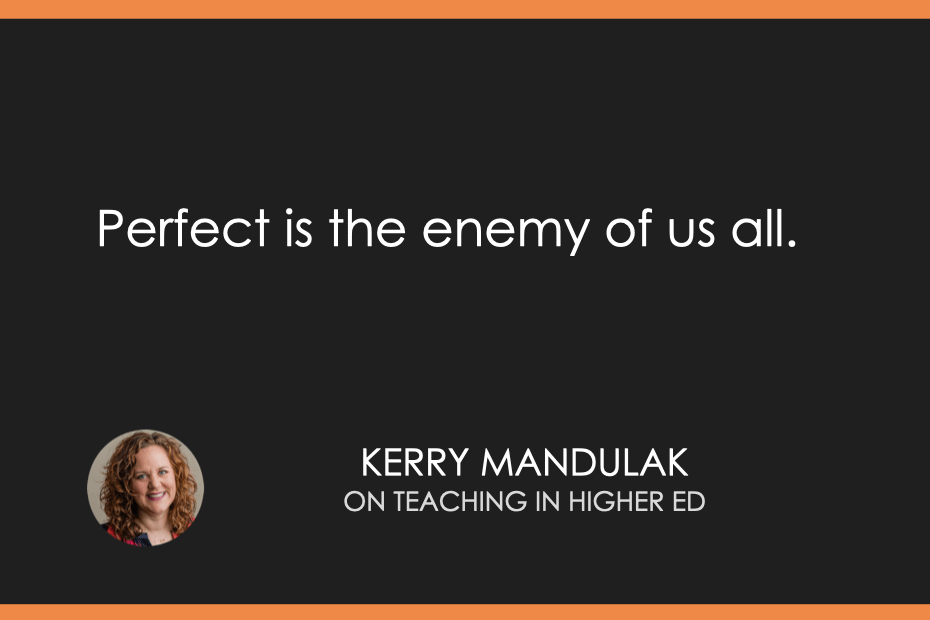
 Teaching in Higher Ed
Teaching in Higher Ed The Importance of Transparency in Learning and Teaching
Dec 26, 2024
Kerry Mandulak, a professor at Pacific University specializing in speech science and inclusive teaching, discusses the vital role of transparency in education. She emphasizes how TILT fosters success among diverse learners and advocates for embracing reflection and revision in the learning process. Sharing personal anecdotes, she highlights the impact of emotional connections, including the power of a supportive hug, in nurturing a positive classroom environment. Additionally, she explores transformative habits that enhance both teaching effectiveness and student engagement.
AI Snips
Chapters
Books
Transcript
Episode notes
Lightning Bolt of Empathy
- Kerry Mandulak had a lightning bolt moment during a low-stakes faculty search sample lecture.
- She realized students might feel similar anxiety in her speech science class.
Embracing TILT
- Mandulak's lightning bolt moment led her to adopt Transparency in Learning and Teaching (TILT).
- TILT helps create a safe, collaborative learning environment.
Mutual Respect Syllabus
- Make your syllabus a place of mutual respect, outlining expectations for both you and your students.
- Share your commitments to create a sense of shared responsibility.






